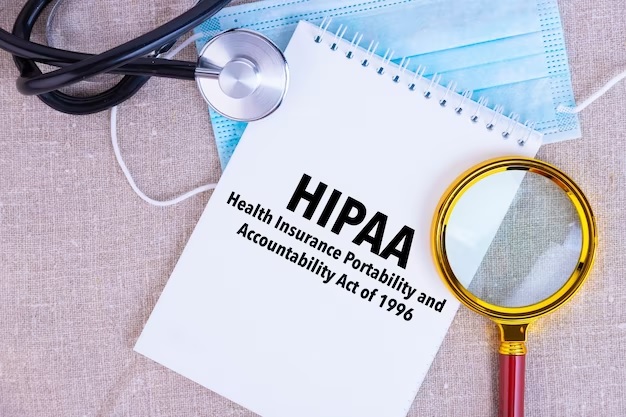What is HIPAA and What Will it Regulate in Healthcare?
The Health Insurance Portability and Accountability (HIPAA) Act of 1996 was enacted by the U.S. Congress and signed by President Bill Clinton. It was created to protect the privacy of a person’s health information and to ensure the security and confidentiality of that information.

What does HIPAA do?
HIPAA consists of five rules that regulate the use and disclosure of a person’s health information. The rules are:
The Privacy Rule
This rule protects the confidentiality of a person’s health information. It requires healthcare organizations to get a person’s permission before using or disclosing their health information.
The Security Rule
This rule protects the security of a person’s health information. It requires healthcare organizations to take steps to ensure that the information is kept confidential and secure.
The Breach Notification Rule
This rule requires healthcare organizations to notify individuals if their health information has been lost or stolen.
The Omnibus Rule:
This rule made changes to the Privacy and Security Rules. It also established new rules for business associates, which are companies that work with healthcare organizations and have access to a person’s health information.
The HITECH Act:
The Health Information Technology for Economic and Clinical Health Act was enacted in 2009. It made changes to the Privacy and Security Rules and established new rules for business associates.
What information is protected by HIPAA?
HIPAA protects all “individually identifiable health information.” This is information that can be used to identify a person. It includes information like a person’s name, address, birth date, Social Security number, and health information.
How does HIPAA affect healthcare providers?
HIPAA affects all healthcare providers, including doctors, nurses, hospitals, and clinics. Healthcare providers must follow the rules of HIPAA when they use, disclose, or access a person’s health information.
What are the consequences of violating HIPAA?
Violating HIPAA is a serious matter. Healthcare providers who violate HIPAA can be fined, and they may lose their license to practice.


